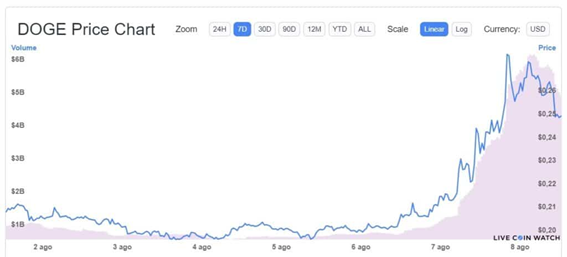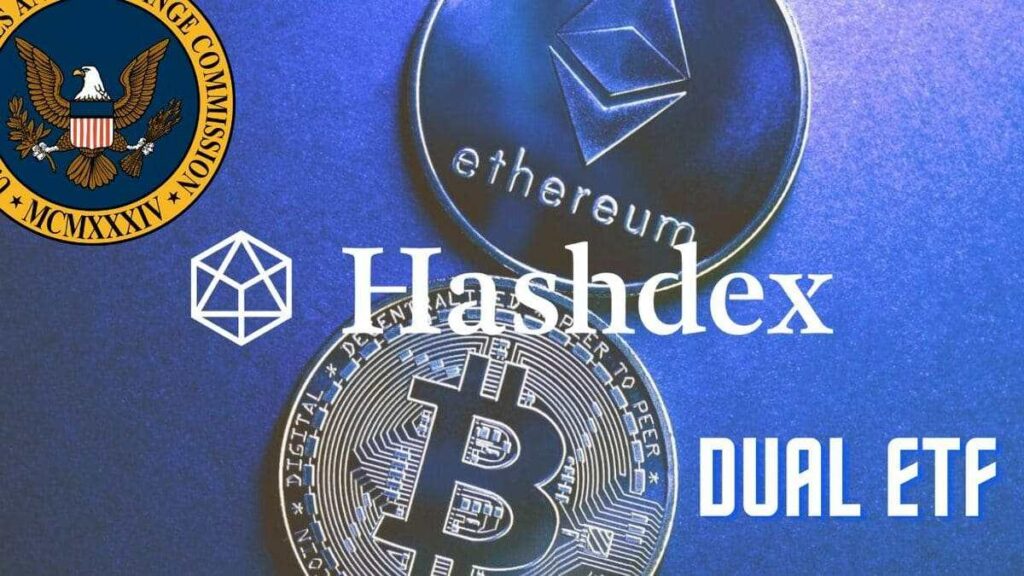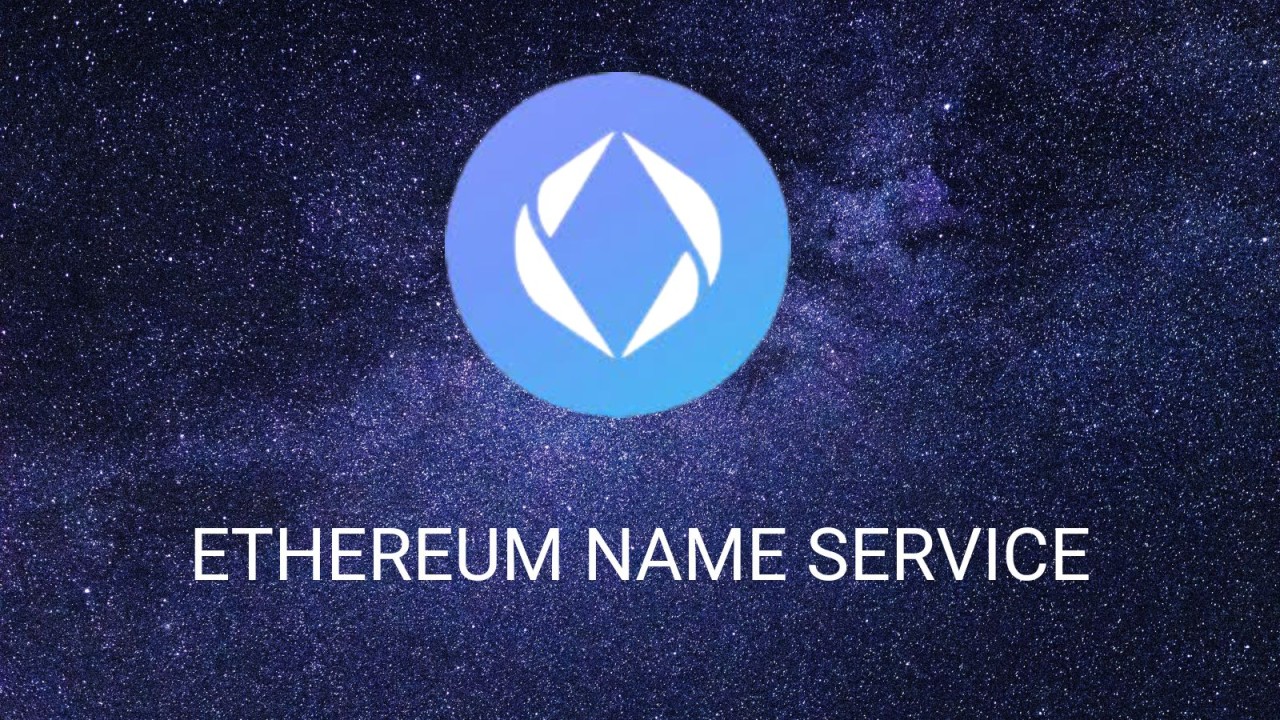Avalanche Blockchain Announces Major Initiative and Highlights Emerging Projects
Avalanche, the high-performance blockchain platform, is making significant strides with its latest initiative, “Avalanche Vista.” The Avalanche Foundation has launched this $50 million program to promote tokenization on the Avalanche blockchain. Tokenization enables off-chain assets to be converted into digital tokens, simplifying transactions and democratizing asset allocation. This groundbreaking approach allows multiple investors to collectively invest in single assets, making certain markets more accessible to smaller investors.
Potential use cases for tokenization on Avalanche’s blockchain include real estate, company equity, venture capital, debt instruments, intellectual property, and portfolio diversification. The Avalanche Vista fund will be used to purchase various tokenized assets on the Avalanche blockchain, showcasing the platform’s versatility and commitment to innovation.
As Avalanche gains momentum, several emerging projects on the AVAX chain deserve attention. Among them are $KIMBO, $COQ, and $TD, each offering unique opportunities and potential for growth.
1. Kimbo Labs ($KIMBO)
Kimbo Labs has officially launched as a business entity, allowing it to partner with real-world businesses and launch Kimbo products through its own webshop. This development adds significant value to the project and its treasury.
Exchange Listings: Kimbo Labs is in deep discussions with several exchanges, awaiting better market conditions to roll out its listings.
Marketing Efforts: The project has launched test ads on Instagram, TikTok, and YouTube, targeting new audiences. Additionally, Kimbo Labs is creating organic content and planning a major meme contest to boost engagement.
Event Participation: Kimbo Labs plans to join several festivals in Q3 and Q4 2024 and will participate in the AVAX Summit in Buenos Aires in October 2024.
Kimbonet Development: The team is working on exciting new features for Kimbonet and is open to collaboration with top holders and knowledgeable community members.
NFT Staking: Soon, Kimbo NFT holders will be able to stake their NFTs for benefits, with new collaborations in the pipeline.
2. Coq Inu ($COQ)
Coq Inu is a humorous and innovative meme coin that has captured the Avalanche community’s attention. Launched with a transparent and community-focused approach, Coq Inu’s contract has been fully renounced, and its liquidity burned to ensure transparency and prevent manipulation.
Community Engagement: Coq Inu seeks to entertain and engage the Avalanche community through its unique and playful concept.
Rapid Growth: Since its launch in December 2023, Coq Inu experienced a meteoric rise, drawing significant trading volume and interest from meme coin enthusiasts.
CoqBook: The premier sports betting platform powered by $COQ has recently been released, adding a new dimension to the Coq Inu ecosystem and attracting further attention.
3. Big Red ($TD)
Big Red is an ambitious project integrating Cornell University’s heritage with modern blockchain technology on the AVAX blockchain. This project leverages the strengths of both Cornell University and AVAX to deliver a range of utilities and opportunities for its community.
Cornell University Collaboration: Big Red partners with Cornell’s renowned entrepreneurship program, offering valuable resources and networking opportunities.
Meadowlands Sports Complex Sponsorship: As a proud sponsor, Big Red enhances its brand visibility and connects with a broad audience through daily commercials at the largest sports complex in the United States.
National Branding Efforts: Big Red has partnered with major television networks to air advertisements, significantly boosting visibility and engagement across the nation.
These projects exemplify the innovative spirit and potential of the Avalanche blockchain. With initiatives like Avalanche Vista and the continued development of promising projects like $KIMBO, $COQ, and $TD, the future of Avalanche looks brighter than ever.
For more information on Avalanche and its latest developments, please visit https://www.avax.network/




 Crypto2 years ago
Crypto2 years ago
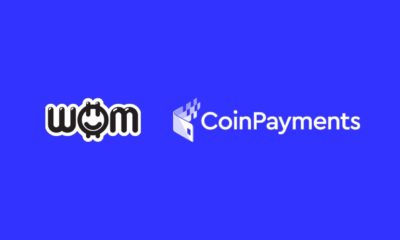

 Blockchain4 years ago
Blockchain4 years ago
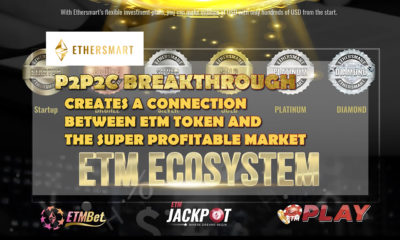

 Press Release4 years ago
Press Release4 years ago


 Press Release4 years ago
Press Release4 years ago


 Blockchain4 years ago
Blockchain4 years ago


 Press Release3 years ago
Press Release3 years ago
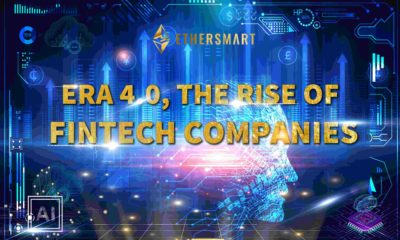

 Press Release4 years ago
Press Release4 years ago


 Blockchain4 years ago
Blockchain4 years ago
